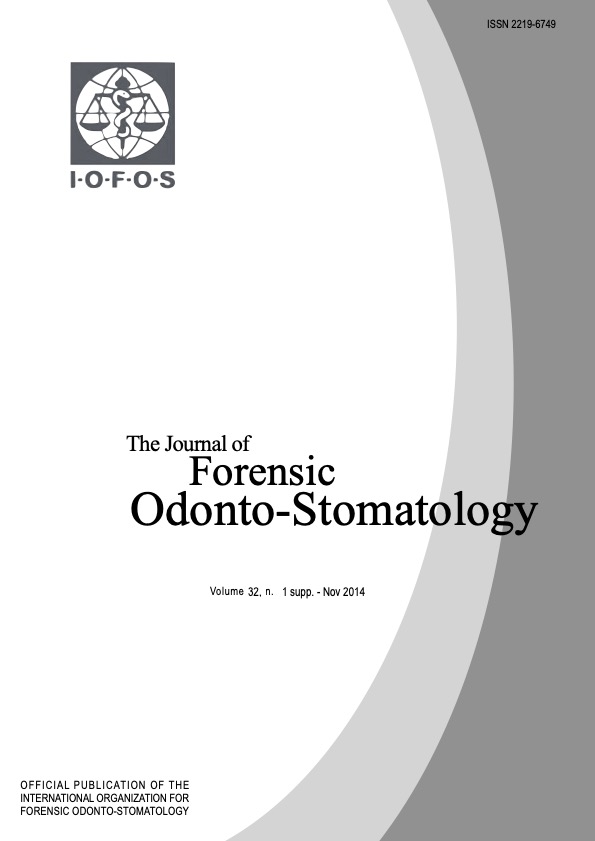Can autonomy be limited - an ethical and legal perspective in a South African context?
Abstract
The principle of autonomy acknowledges the positive duty on a health care practitioner to respect the decisions of a patient. The principle of respect for autonomy is codified in the International Bill of Rights, the African Charter, The South African Constitution (108 of 1996) and the Patients’ Right Charter. The common notion is to protect a person’s liberty, privacy and integrity.
Health care practitioners should honour the rights of patients to self-determination or to make their own informed choices. Patients have the right to live their lives by their own beliefs, values and preferences. This implies that a healthcare practitioner should respect the wishes of a patient when a patient makes an autonomous decision.
The principle of respect for autonomy takes into consideration a patient’s choice based on informed consent and the protection of confidentiality of the patient. Informed consent is a process whereby information is shared with a patient to enable an informed decision. It is therefore important for a patient to be well informed to give effect to the notion of making an informed decision. The relationship between the healthcare practitioner and the patient is based on trust and communication. Full disclosure to a patient will empower a patient to make a true informed decision.
It is of particular importance for a health care practitioner to acknowledge and respect the decisions and choice made by a patient so as not to violate a patient’s autonomy.
Can autonomy be limited? It can, if legally required and duly justified. Section 36 of the South African Constitution (Act 108 of 1996) limits rights in the Bill of Rights by application of a general law.

